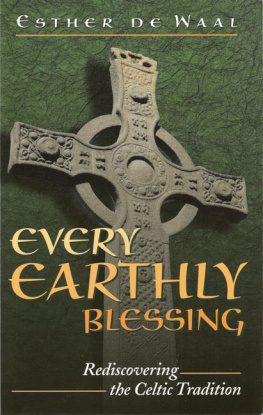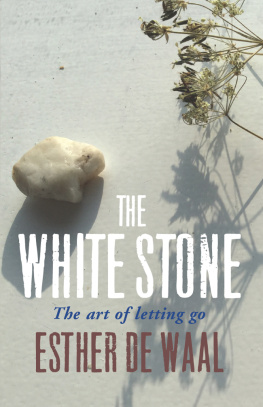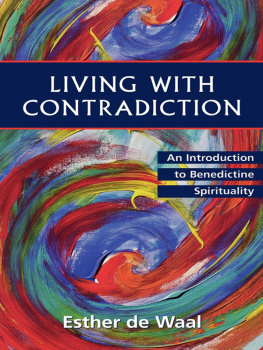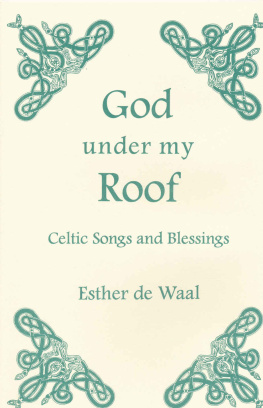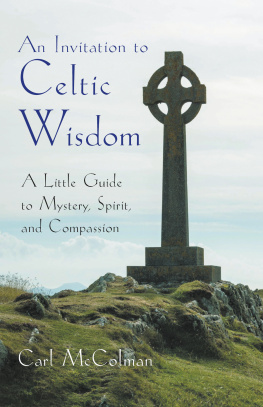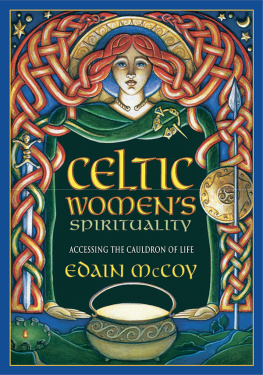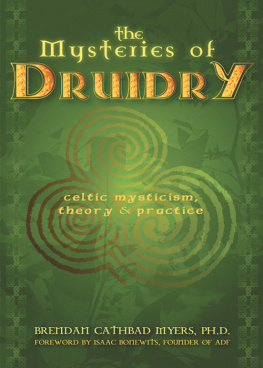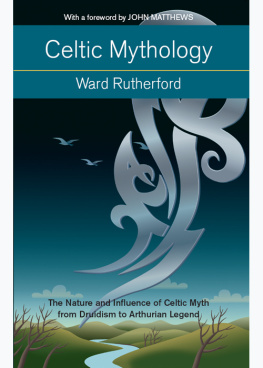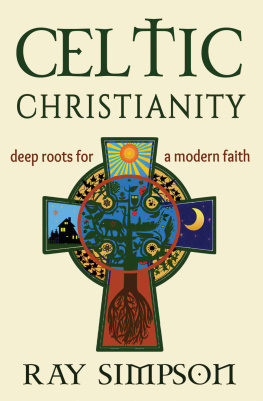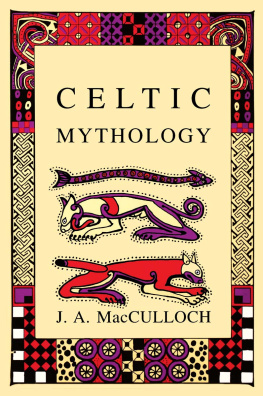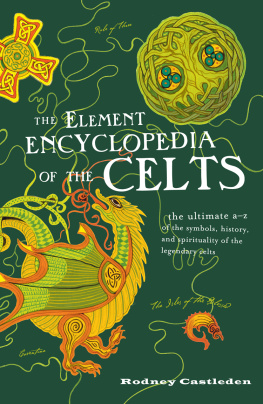ESTHER DE WAAL is an Anglican lay woman with four sons and increasing numbers of grandchildren. She has returned to live on the Welsh borders where she grew up and spends her time gardening and writing, traveling and taking retreats. She studied history at Cambridge and later developed a special interest in the visual approach through landscape and buildings.
She became interested in Benedictine monasticism as a result of living for ten years in Canterbury and in 1984 wrote Seeking God: The Way of St Benedict (Liturgical Press), which has since become internationally known. She followed this with A Life-Giving Way (Liturgical Press), a commentary for lay people on the Rule, and hiving with Contradiction: Reflections on the Benedictine Way (Morehouse Publishing, 1998). A Seven Day Journey with Thomas Merton (Servant Publications) is a book for use in a private retreat. Her latest, The Way of Simplicity (Orbis, 1998), is an exploration of the Cistercian tradition and its relevance for today.
Her Celtic publications include The Celtic Way of Prayer (Doubleday) and she has edited The Celtic Vision, Prayers and Blessings from the Carmina Gadelica (St. Bede's); Beasts and Saints (Eerdman); Prayer and Praises in the Celtic Tradition (Templegate); and God Under My Roof (Paraclete).

Copyright 1991 by Esther de Waal
First published in Great Britain by Fount Paperbacks,
an imprint of HarperCollins Publishers
Published in 1999 by
Morehouse Publishing
Harrisburg, PA 17105
Morehouse Publishing is a division of The Morehouse Group.
All rights reserved. No part of this book may be reproduced or transmitted in any form or by any means, electronic or mechanical, including photocopying, recording, or by any information storage and retrieval system, without written permission from the publisher.
Cover design: Corey Kent
Cover photograph: St. John's Cross on the Isle of Iona,
CORBIS/Michael Nicholson
Note: A study guide for this book is available on the Internet at www.morehousegroup.com.
Library of Congress Cataloging-in-Publication Data
de Waal, Esther.
[World made whole]
Every earthly blessing: rediscovering the Celtic tradition /
Esther de Waal.
p. cm.
Originally published: A world made whole. London: Fount, 1991.With a new pref.
Includes bibliographical references.
ISBN: 0-8192-1806-5
ISBN-13: 978-0-8192-1806-3 (pbk.)
ISBN-13: 978-0-8192-2516-0 (E-book)
I.CeltsReligion. I.Title.
[BR737.C4D48 1999]
270'.089'916dc21
99-20291
CIP
For Hiroe
my grandson who belongs to two worlds
Contents
I HAVE WRITTEN this book with one purpose and one hope, and that is that it will encourage others to discover for themselves some of the riches that I have myself found in the Celtic tradition. It has not been easy to write, for much of the material was available only in scholarly editions or learned journals where the emphasis was antiquarian, linguistic or ethnographical, but showed little concern for how it might relate to Christian understanding or make a contribution to daily life. I have tried to avoid two extremes, on the one hand making it so academic that it appears remote and irrelevant, and on the other hand reading into it what we want to find. While I have tried to remain true to the original material I hope that I have managed to present it in a way that will enable the readers to encounter it, and engage with it for themselves, so that it becomes life-giving on their own Christian journey.That is the reason that I have given comparatively little historical background or context. The notes and references are included for those readers who want to pursue the subject further, but the book can just as well be read without them. My concern has rather been to present the subject in terms of a succession of themes with which readers can identify from their own experience. Here is the Celtic way of seeing the world. It cannot be understood only in cerebral terms; it speaks to the heart, it is closer to poetry, and, like poetry, it must remain ultimately elusive.
You can come in
You can come a long way...
But you won't be inside.
These lines from R. S.Thomas, the contemporary Welsh poet, are a very salutary warning about believing that we can ever actually really know, understand, let alone possess another world. While we welcome the Celts as brothers and sisters we do them a disservice if we allow ourselves to forget that the saints and hermits, the ordinary men and women who figure in these pages are also strangers. We stand on the fringe of their world, grateful for what we can see, but we must never forget that it is ultimately mystery, to be handled with reverence.
Many places and many people have contributed to the making of this book. I owe much to conversations with the Rev. Canon A. M. Allchin, the Rev. and Mrs. Saunders Davies, and the Rev. James Courts. Sr. Barbara M. M. M. first took me to Monasterboice and other places in Ireland. I have corresponded with many people whose names I shall not attempt to enumerate. Christine Whitell of Marshall Pickering, who first suggested this book, has been a constant source of encouragement. But one person in particular has haunted me while I have been writing this book and that is Nora Chadwick. Many years ago, long before I was seriously interested in things Celtic, I lived in her house in Cambridge, and I have often thought of her since, with her books and her harps, and her quiet, profound, scholarly presence. Something that she wrote explaining her dedication to the subject has remained with me, and I make it my own apologia too. Shall I confess the truth? I have chosen it because of its lasting beauty.
Cwm Cottage
Rowlestone
Pontrilas
Herefordshire
8th July 1990
THE REISSUE OF this book gives me the opportunity to reflect on the continuing role of Celtic spirituality in my own life, and it is clear also in great numbers of people like myself who are finding here something that brings a refreshing and invigorating dimension to the Christian life. In this small cottage where I now live in the Welsh border country, I am surrounded by the Celtic past with holy wells, ancient churches, the sites of hermit cells. Even the hill which overlooks the kitchen in which I am sitting as I write this is called the Hill of the Seraphim. But even for those who are geographically distant, with the Atlantic ocean a barrier, the internal landscape of the Celtic tradition can be equally powerful. Here we are given the opportunity to return to our roots, to come home to something that many of us find totally natural. For those who are wearied by the institutional church, and are looking elsewhere for whatever will help to make our praying a natural part of living, take us beyond words and nourish our imaginations, and above all bring us a contemplative vision, the Celtic way opens many doors. In recent years Celtic pilgrimages have become extraordinarily popular, a reflection beyond any immediate geographical or physical reality of that interior journey which is inescapable and on which we are always seeking those fellow-travelers who will accompany us and bring us the wisdom of their own experience. The Celtic world was harsh and often cruel. It is important not to romanticize it. Oppression, loss, insecurity were written into Celtic history. It is just because these were men and women who knew suffering, who knew the dark as well as the light, who prayed with tears, that we can turn to them in all the pain and disfigurement, inflicted not only on the earth but on so many of its people today. Their message is never any easy optimism, yet when they speak of hope against hope, and of a continuing gratitude to a God who continues to shower us with blessing, I think we should pay attention.
Next page
